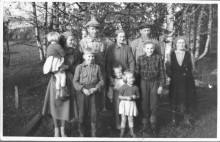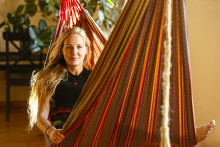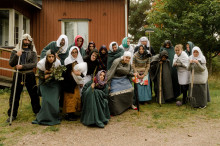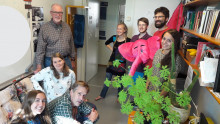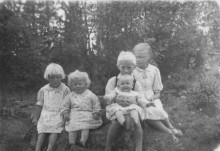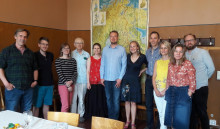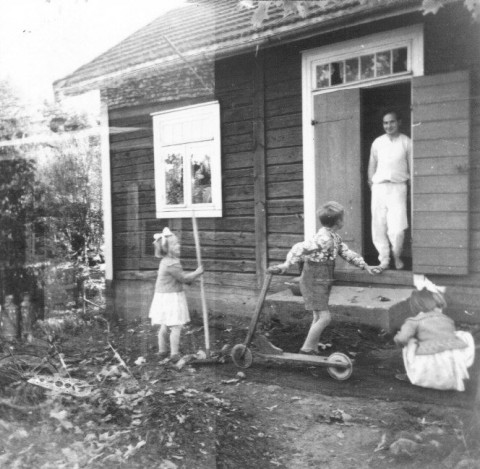
The plight of migrants has come to the forefront recently as masses of people have migrated to Europe seeking asylum from predicaments faced at home. Many people in Finland seem to have forgotten that over 400,000 Finnish people had to abandon their homes in Karelia as a result of World War II. In this cross-disciplinary project, directed by John Loehr, an ecological scientist, biologists, sociologists, historians and demographic researchers study how enforced migration has affected family relations, having children, and integration into the community.
”The Karelian evacuees encountered much the same traumas and faced similar prejudices and resentment that current migrants face, making this population particularly appropriate to gain insight into the present and future of European migrants,” Loehr points out.
“We might not be able to say how one should act today, but we may be able to attract the attention of decision makers to something important. Maybe even influence society in some small ways, which is rewarding for an academic,” Loehr continues.
Workgroup:
John Loehr, Research and education coordinator, PhD, Lammi Biological station, University of Helsinki, FIN
Virpi Lummaa, Academy professor, University of Turku, FIN
Johanna Mappes, Professor of Evolutionary Ecology, University of Jyväskylä, FIN
Jenni Pettay, Researcher, University of Turku, FIN
Anna Rotkirch, Research Director, Population Research Institute, FIN
Mirkka Danielsbacka, University Teacher, University of Turku, FIN


